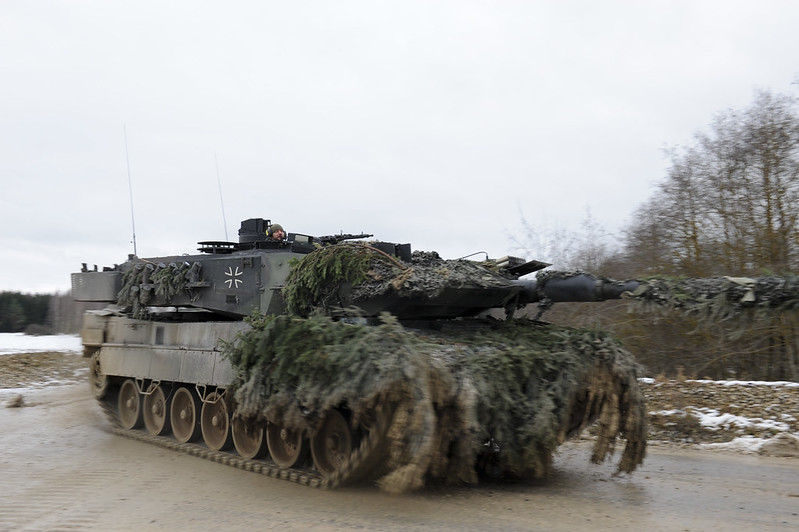
The defense industry in Europe is booming and urgently needs a large number of workers, German television channel ARD Tagesschau’s news service reported on June 17, citing the Financial Times.
The defense industry is talking about the biggest wave of personnel shortages since the end of the Cold War. The world’s arms companies are currently hiring more personnel than in recent decades. The Financial Times profiles 20 large and medium-sized arms manufacturers that plan to hire tens of thousands of people this year alone. At the same time, half of them plan to increase their staff by almost 10%. In total, this will be equivalent to 37,000 new jobs.
After several years of calm, the industry is seeing skyrocketing orders and, in some cases, record delays, according to media reports. In addition to the conflict in Ukraine, other geopolitical flashpoints, such as the war in the Middle East, have accelerated government weapons programs.
“We are now entering the busiest period for the defense sector since the end of the Cold War, with the largest increase in orders in a fairly short period.”says Jan Pie, general secretary of the European industrial association ASD.
The European defense industry requires workers with diverse skills, from engineers to software developers, cybersecurity experts, mechanics and welders.
European rocket manufacturer MDBA plans to make the largest increase in personnel. The joint venture between Airbus, BAE Systems and Leonardo aims to increase its workforce by approximately 17%, or up to 17,600 employees. MDBA produces, among other things, Taurus cruise missiles and Patriot anti-aircraft missiles.
The largest German arms consortium, Rheinmetall, also plans to increase its staff by more than 10%. In addition, the DAX consortium, together with Continental, announced that it intends to hire employees laid off from automobile manufacturing companies.
According to the Financial Times, German companies, such as drive manufacturer Renk, are increasingly looking for employees abroad due to the current shortage of qualified personnel. This sheds light on another problem in the sector: many activities require qualified employees, whose number is limited, and there is no time to train newcomers, notes the German channel.
Source: Rossa Primavera
I am Michael Melvin, an experienced news writer with a passion for uncovering stories and bringing them to the public. I have been working in the news industry for over five years now, and my work has been published on multiple websites. As an author at 24 News Reporters, I cover world section of current events stories that are both informative and captivating to read.
